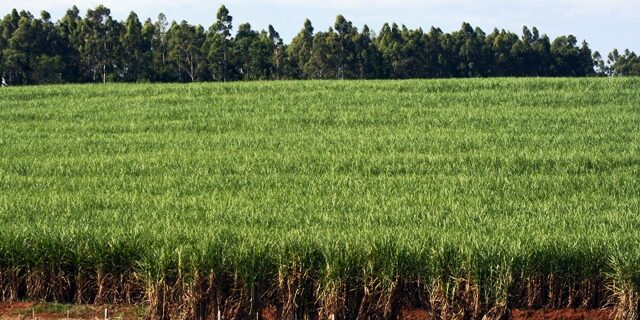
Using sugarcane intercropping to simulate no-tillage conditions
Name of the project: Using sugarcane intercropping to simulate no-tillage conditions
Call for proposals theme: Innovating sustainability in smallholder sugarcane farming
Project lead: Bariri Sugarcane Suppliers Association (Assobari)
Grant awarded: £30,000
Project budget: £47,530
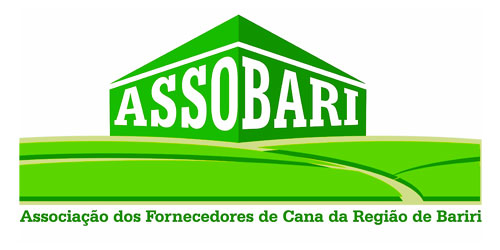

Assobari is the association for sugarcane suppliers in Bariri, in the São Paulo state of Brazil. It brings together farmers to defend their interests, share knowledge and offer technical and social support.
The project is run in partnership with Coopercitrus, a Brazilian cooperative in the commercialisation of agricultural inputs, machines and implements. It has a membership of 38,000 farmers across various crops.
Purpose of the project
The project aims to test no-till and Integrated Crop – Livestock – Forestry Systems in sugarcane and identify the productivity and sustainability benefits.
No till farming is the practice of planting crops without digging, stirring, and turning the soil over.
Integrated Crop-Livestock-Forestry Systems (ICLFS) is an agricultural production approach that integrates different production systems – agricultural, animal farming and forestry – within the same area. It can be done through intercropping, crop succession or crop rotation, so that all the activities are mutually beneficial. They aim to optimise land use and increase productivity.

Location
Brazil is one of the world’s largest producers of sugarcane, standing out in the production of sugar and ethanol in an area of approximately 8 million hectares. The most important regions are Central-South and parts of Central-West, the latter are where Assobari concentrates its operations.
The project will be developed in two sugarcane plantation areas, owned by smallholder members of Assobari who are passionate about research and innovation. Their plantations have different soil types which will allow comparison.
Why this project?
The Bonsucro Impact Fund supports collaborative, scalable and innovative projects that accelerate sustainable sugarcane production.
Scalability
Once identified, the best practices and treatment options will be shared with Assobari members and the participating cooperative to multiply such results in their areas.
Innovation
The project in no-tillage and ICLFS is fundamentally based on crop rotation and permanent soil cover. No research has been published on this type of work to date.
This initiative is unprecedented as it seeks to combine the fundamental concepts of a conservationist and sustainable system, enhanced with humic* and biological products for sugarcane farming.
*relating to humus
Sustainability
The principle of inter-cropping, which is possible in the planting period of the sugarcane can bring direct and indirect benefits like soil cover, increased soil permeability, lower risk of soil erosion, higher nitrogen fixation of the soil, increased soil biological life.
Expected outcomes
- Improved soil health in sugarcane plantations through a lower use of inputs and agrochemicals, crop diversity and no tillage.
- Positive financial impact on farmers through higher quality and yields, reduced costs and business growth opportunities.
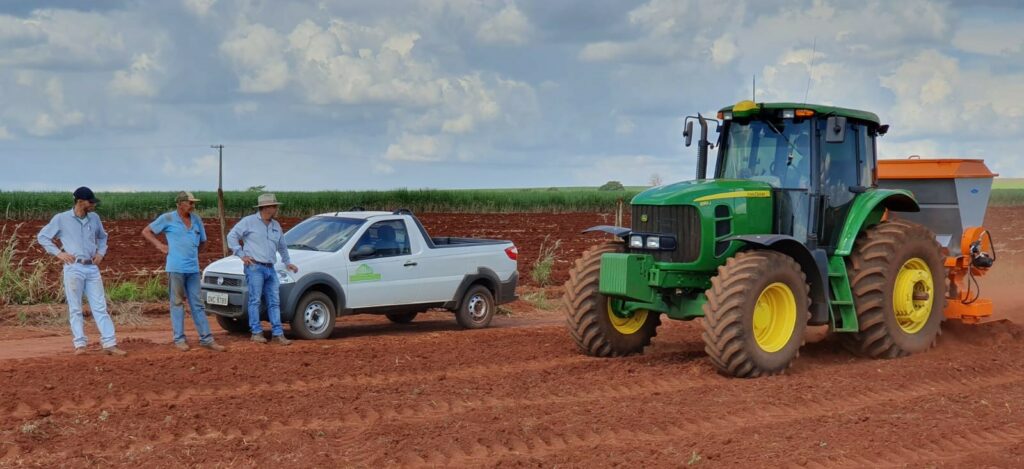
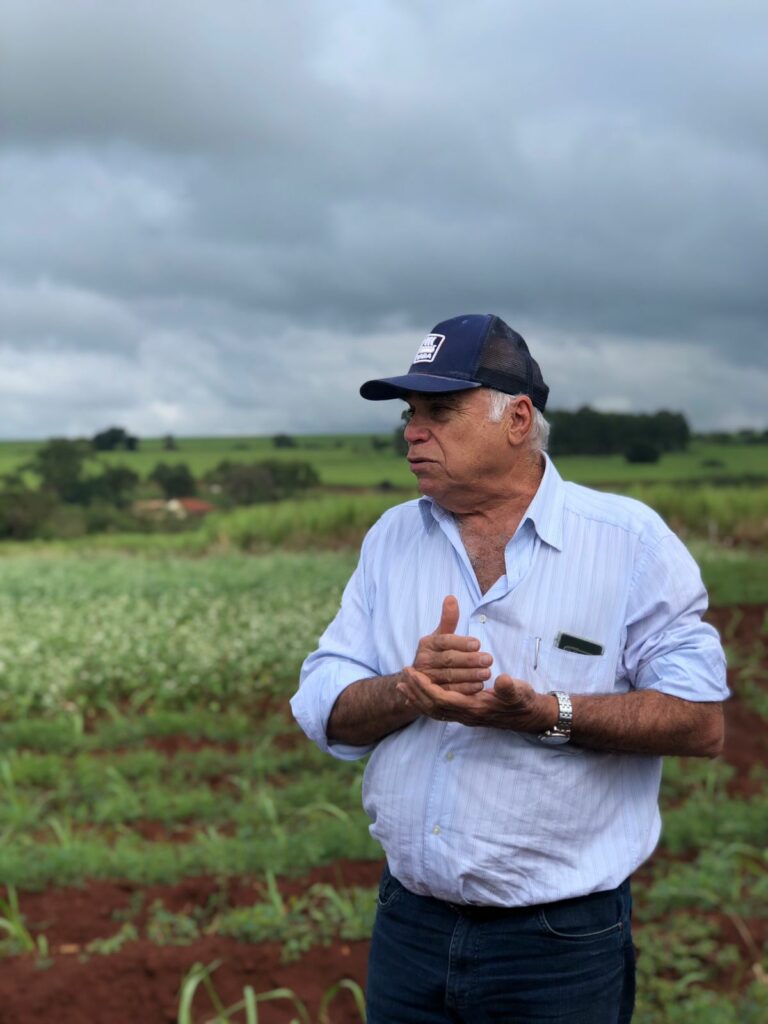
Project updates
Every six months, grantees of the Bonsucro Impact Fund have to submit a progress report. Here are some of the most recent updates about this project (August 2023):
- Checks taking place 30 and 60 days after planting are showing improved conditions in the two demo plots. Some species of cover crops are developing satisfactorily, others not so well. So far, the demo plots have shown a reduced usage of fertilisers and herbicides.
- The survey carried out showed that the majority of farmers believe this approach improved biological soil conditions, improves use of biological inputs and reduces use of chemical inputs, moving towards sustainable practices. The associate farmers were amazed at the huge presence of bees in the plots, which was a clear sign of reviving the natural ecosystem.
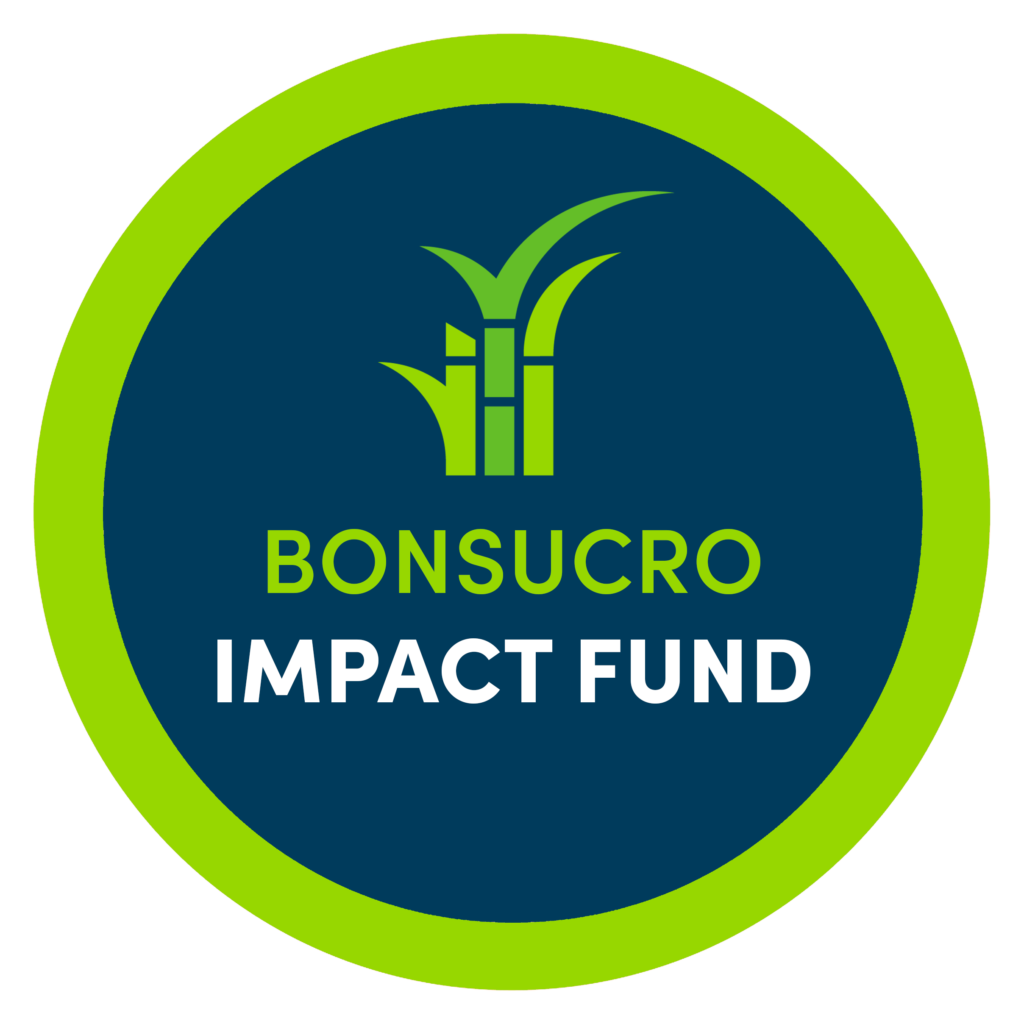
Bonsucro Impact Fund
The Bonsucro Impact Fund invests in impact projects that address critical sustainability challenges in the sugarcane sector.
The Bonsucro Impact Funds uses income from the sale of Credits through the Bonsucro Credit Trading Platform.
All trades are charged a transaction fee, around 50% of which is invested into the Bonsucro Impact Fund.
Learn more about the Fund and check for grants available here.
Bonsucro Credit Trading
By purchasing Bonsucro credits for sugarcane, ethanol, molasses and raw sugar, companies support impact projects on the ground through the Bonsucro Impact Fund.

Sign up to our newsletter
Get the latest industry insights, and stories from all corners of the supply chain straight to your inbox.




